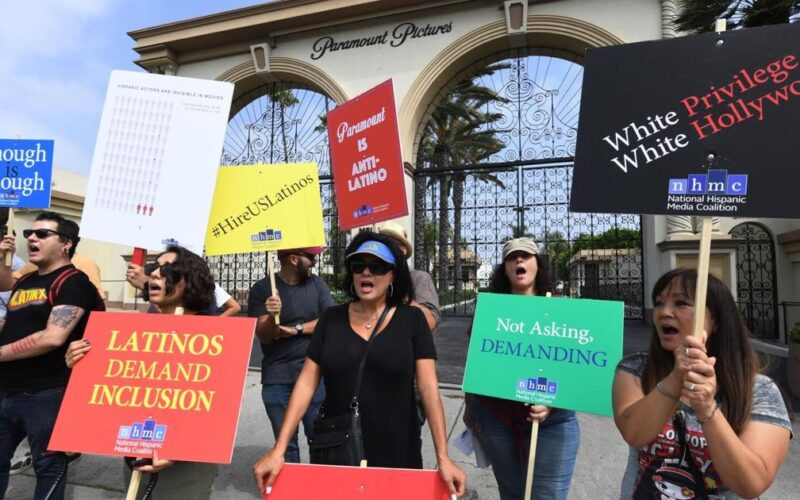The name Latinx has been deemed insufficiently inclusive by Salon. On Sunday, Salon published a piece warning that the term “Latinx” is no longer popular or “inclusive” enough to be used.
“Latinx is utilized as an individual identity for persons who are gender-nonconforming,” Professor Melissa K. Ochoa said, but she believes the term should be abandoned because it has become popular only among academics and young Americans rather than Spanish-speaking people. The Conversation reposted an essay titled “Stop Using ‘Latinx’ If You Really Want to Be Inclusive.”
“When I first heard Latinx in 2017, I thought it was progressive and inclusive, but I quickly understood how problematic it was,” writes the assistant professor of Women’s and Gender Studies at Saint Louis University.
“Individuals who self-identify [sic] as Latinx or are aware of the term are most likely to be US-born, young adults between the ages of 18 and 29,” she found. “They are mostly English speakers with a college education. In other words, Latinx is not used in the most marginalized areas.”
“The considerable demographic differences among individuals who are aware of or use the word Latinx raises the question of whether the phrase is inclusive or simply elitist,” she said.
In its place, Ochoa proposed “Latine,” noting that it “eliminates the gender binary” and “is not confined to an elite, English-speaking populace within the United States.”
Prominent personalities in American politics have also fought over the use of the term “Latinx.”
Rep. Ruben Gallego, D-Ariz., educated his colleagues on the term in 2021.
“To be clear, my office is not permitted to use the term ‘Latinx’ in official communications,” he tweeted on December 6. “When Latino politicians use the term, it is mostly to please white wealthy progressives who believe that is what we mean. It’s a never-ending cycle of confirmation bias.”
Using Latinx, he says, “comes across as performative” and “likely indicates they don’t understand the Latino community and is suggestive of deeper problems.”
Gallego’s tweet was in response to a poll that revealed only 2% of Hispanic and Latino respondents recognized the term “Latinx,” while 40% were outraged by it.
Rep. Alexandria Ocasio-Cortez, D-New York, on the other side, used social media to defend the term in June.
“I’d want to have a note on gender inclusion in Spanish,” Ocasio-Cortez stated in an Instagram video. “People like to make a lot of drama out of the phrase Latinx,” she added, adding later, “Gender is fluid, language is fluid.”
In October 2017, Salon ran an article titled “Forget About ‘Latino,’ Here’s Why I’m All For ‘Latinx,’ and You Should Be, Too.”









